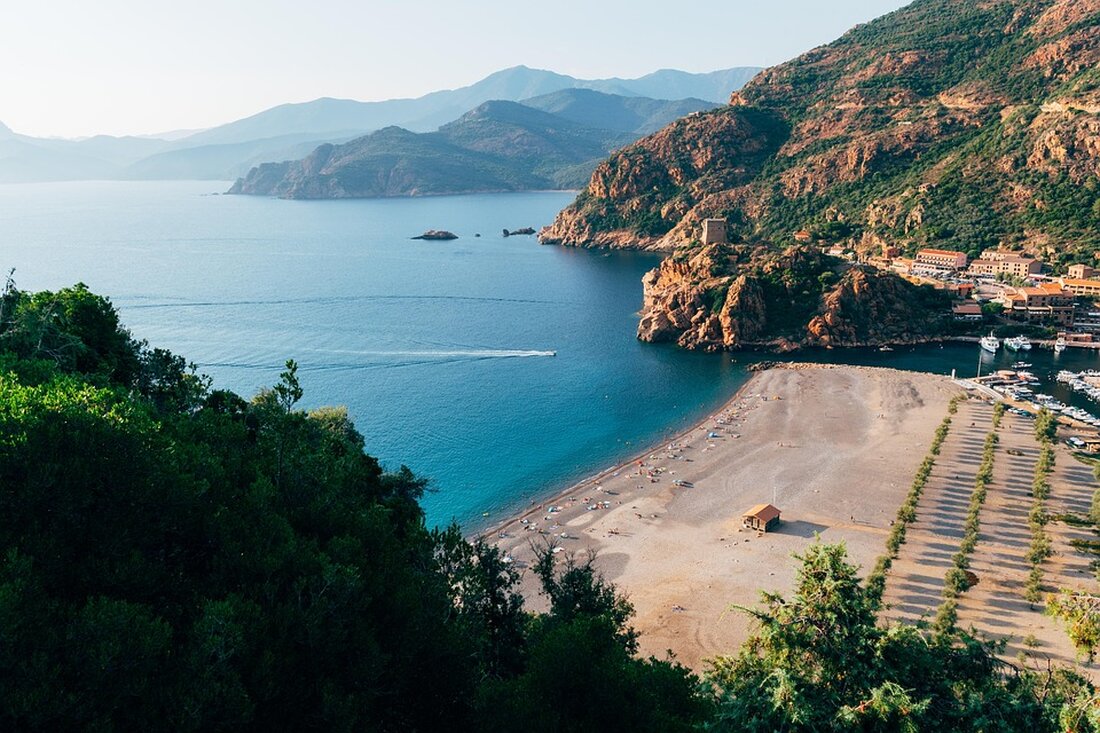Corsica introduces tourist tax: reimbursement of waste costs!
Corsica is planning a tax on tourists to cover waste costs and support local waste management.

Corsica introduces tourist tax: reimbursement of waste costs!
Corsica, the popular holiday island in the Mediterranean, is facing a new step in overcoming its tourism challenges. The island welcomes around three million tourists every year, which is ten times the number of the resident population. This has significant implications for local infrastructure and environmental management.
Locals are confronted with above-average garbage fees, which amount to 299 euros per person per year. This is three times the French average. To ease the pressure on residents, MP François-Xavier Ceccoli has introduced a bill that would impose a new tax on tourists.
New tax for holidaymakers
The proposed tax should be between 50 cents and 1.50 euros per night per person. These fees will be charged in parallel to the existing tourist tax and could bring in around 30 million euros annually. The proceeds from this levy are intended exclusively for waste management and are intended to help reduce the financial burden on locals.
Corsica is taking its cue from other tourism destinations, such as the Balearic Islands, which have already introduced a sustainability tax. Croatia has also introduced a similar tourist tax to finance its tourist infrastructure.
Acceptance of travelers
Interestingly, many holidaymakers show understanding for the planned levy and recognize the need to pay for the waste they produce. If the response is positive, the underlying polluter pays principle could even be expanded throughout France.
The bill has already received the approval of the National Assembly and is now awaiting the final vote. Corsica could thus set an example for sustainable tourism and at the same time offer relief to its population. For more information about sustainable tourism in Corsica visit Terracorsica.
The development shows that a change in thinking is also necessary in tourism in order to protect local communities and the environment equally.

 Suche
Suche
 Mein Konto
Mein Konto